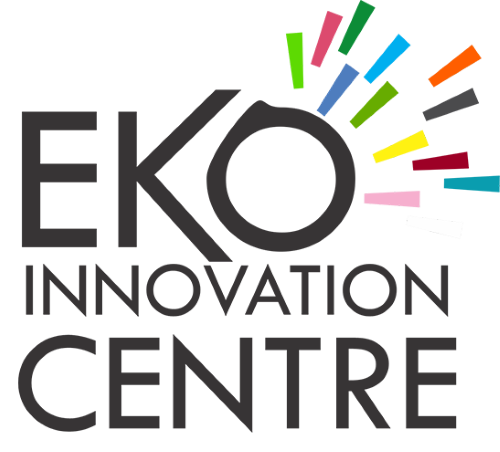Mentorship is often cited as one of the most valuable resources for startup founders. The guidance and support provided by experienced mentors can make a significant difference in the success of a startup. Whether it’s navigating the challenges of scaling, refining a business model, or securing funding, mentors provide the insights and advice that can help startups avoid common pitfalls and accelerate their growth. Mentorship is a cornerstone of the startup ecosystem, and its importance cannot be overstated. As highlighted in previous discussions on “Unlocking Startup Success: The Power of Acceleration Programs“ and “Future-Proofing Your Startup: Strategies for Long-Term Success,“ the guidance of mentors provides startups with invaluable support. Their experience helps founders refine strategies, navigate industry challenges, and avoid common mistakes.
Why Mentorship Matters
Mentorship is about more than just giving advice; it’s about building a relationship of trust and support. A good mentor can help a startup founder see the bigger picture, identify potential risks, and make informed decisions. Mentors bring a wealth of experience and a fresh perspective that can be invaluable in the fast-paced world of startups.
Studies also show that mentored startups are more likely to secure funding and grow sustainably. In “Navigating the Startup Funding Galaxy,“ we explored how mentor-backed startups benefit from stronger investor confidence, making mentorship critical in the fundraising journey. Furthermore, articles like “The Role of Corporate Partnerships in Accelerating Startup Growth“ reflect how mentors can help startups build strategic alliances, which is essential for scaling.
Types of Mentorship
Mentorship can take many forms, from one-on-one relationships to group mentoring and peer-to-peer support. Each type of mentorship offers unique benefits:
- One-on-One Mentorship: This traditional form of mentorship involves a direct relationship between a mentor and a mentee. It’s highly personalized and allows for deep engagement and tailored advice.
- Group Mentorship: In this model, a mentor works with a group of mentees, often in a workshop or roundtable setting. Group mentorship allows for shared learning and the exchange of ideas among peers.
- Peer Mentorship: Peer mentorship involves founders supporting each other through shared experiences. While peers may not have the same level of experience as traditional mentors, they can offer valuable insights and a sense of camaraderie.
Finding the Right Mentor
Finding the right mentor is crucial to the success of the mentorship relationship. Startups should look for mentors who have relevant industry experience, a track record of success, and the ability to provide constructive feedback. It’s also important to find a mentor whose values align with those of the startup.
Building a strong relationship with a mentor takes time and effort. It’s important to approach the relationship with an open mind, a willingness to listen, and a commitment to taking action on the advice received.
The Mentor-Mentee Relationship
A successful mentor-mentee relationship is built on mutual respect and trust. The mentee should be proactive in seeking advice, asking questions, and sharing updates on their progress. The mentor, on the other hand, should be willing to share their knowledge, provide honest feedback, and offer encouragement. Connecting with the right mentor is key, and as discussed in “Building a Strong Startup Culture,” the mentor-mentee relationship fosters a collaborative environment where founders can flourish with external guidance.
Regular communication is key to maintaining a strong mentor-mentee relationship. Whether it’s through regular check-ins, phone calls, or emails, staying in touch ensures that the relationship remains productive and beneficial.
Conclusion
Mentorship is a powerful tool for startups, offering guidance, support, and a fresh perspective. By building strong mentor relationships, startups can navigate challenges more effectively and accelerate their growth.
At Eko Innovation Centre, we understand the importance of mentorship in the startup journey. Our programs connect startups with experienced mentors who provide the insights and advice needed to succeed in today’s competitive landscape.
